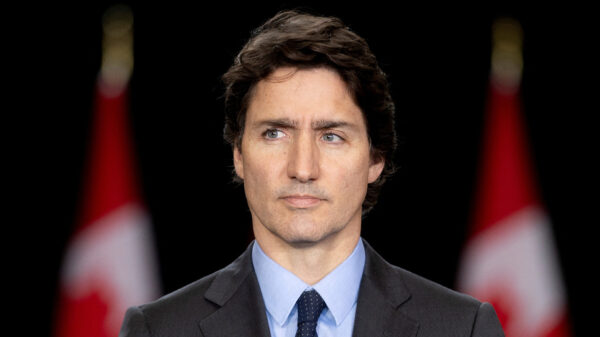
A majority had expected changes on the VAT Act 2013 to cut cost of basic goods, but Rotich instead touched on introducing VAT regulations that would help clarify ambiguous aspects of the Act/MIKE KARIUKI
A majority had expected changes on the VAT Act 2013 to cut cost of basic goods, but Rotich instead touched on introducing VAT regulations that would help clarify ambiguous aspects of the Act.
“Parliament in 2012 enacted a new VAT law. This new law has made it easier for taxpayers to comply and significantly reduce the monthly claims for VAT refunds,” Rotich said without touching on prices of goods.
According to the CS, the main focus is how the VAT Act will simplify tax administration by helping the business people get their refunds easily at the Kenya Revenue Authority (KRA) which he believes will have a long term impact on the economy.
“We recognise the burden the private sector faces. We are looking for long-term solution to this,” he said.
The implementation of VAT Act in September last year of 16 percent tax led to increase in the prices of key commodities like processed milk, cooking gas, electricity, exercise and text books, mobile phones, animal feeds and the film.
“In this Budget Statement, there are no direct implications. Someone will not wake up tomorrow and find the price of bread or milk gone up,” PKF Tax Consultant James Mulili said commenting on the budget.
Some of the major tax measures announced by Rotich included scraping duty on solar machinery imports with the aim of increasing access to power for many Kenyans.
The government has also increased duty on iron imports from between zero to 10 percent to 25 percent to discourage scrap metal imports as the government targets to raise close to Sh2.6 billion.
“Our steel mills are closing down due to unfair competition from cheap imported iron and steel products,” Rotich said adding that this move will also help create more jobs for the youth.
The 2014-15 Budget did not really go in-depth in terms of explaining to Kenyans how the government plans to increase its revenue of Sh1.2 trillion.
According to Mulili, there should have been at least one or two plans on how the government plans to widen the tax base especially by taxing the informal sector.
“This could double the amount we are expecting to collect of Sh1.2 trillion. I don’t think we would even need to borrow anyone.”
This year’s gross deficit will be about Sh342billion with plans to raise Sh132 billion out of it from Eurobond.
Mulili says the Eurobond is both a positive move because there will be less pressure on local borrowing hence control the interest rates but may have a negative impact if the government will not have a proper payback plan.

































